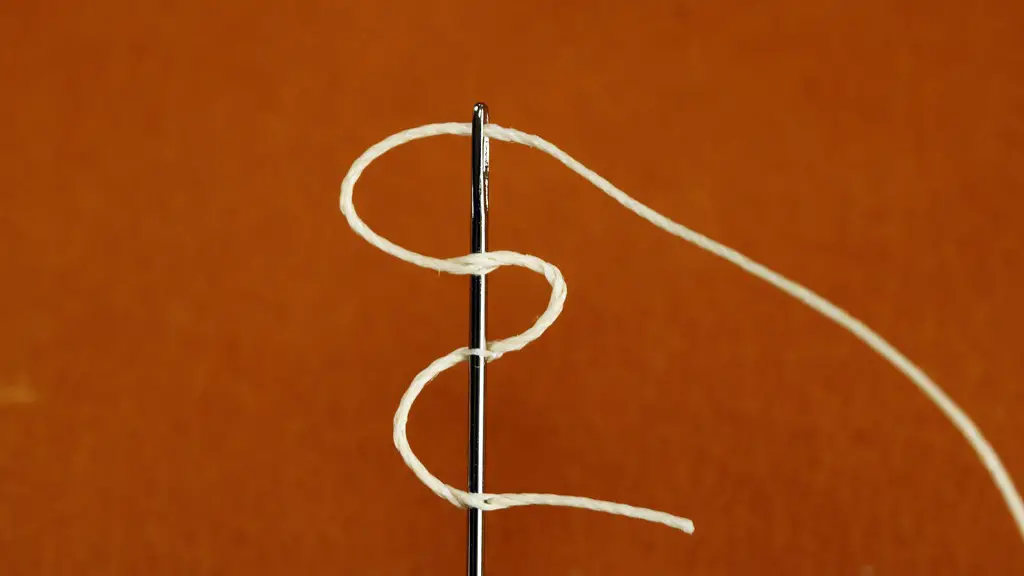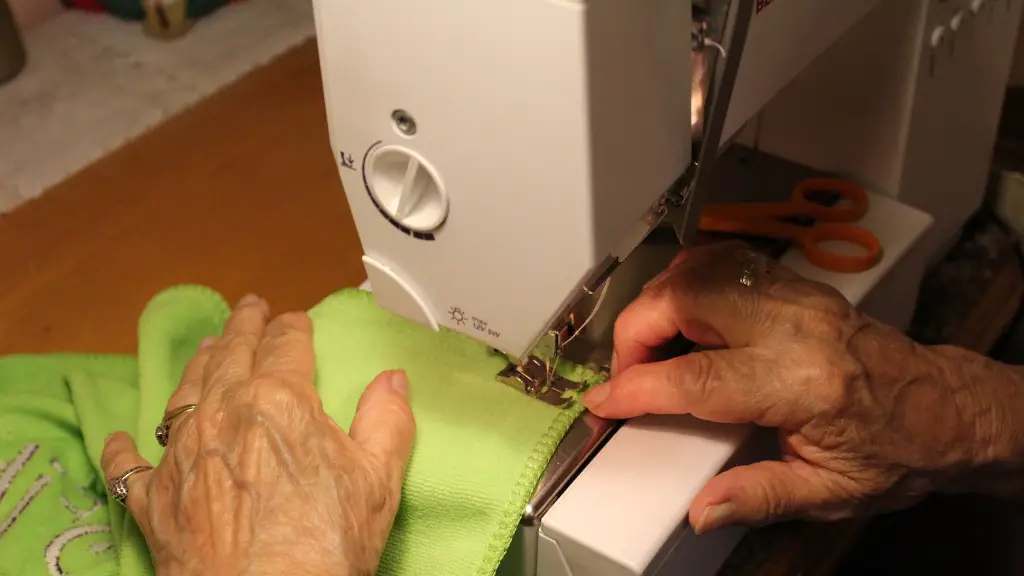A Comprehensive Guide for Buying the Right Sewing Machine
Sewing machines are a valuable tool for those interested in creating garments, materials, and pieces of home décor. With the variety of models out there, along with the host of features and bells and whistles, it can be hard to know what type of sewing machine is the right one to buy. To help you in your search, we’ve created this comprehensive guide.
Step one is to identify what type of sewing machine you need. Do you need a basic machine with the most basic functions, or do you need to be able to take advantage of more advanced features such as embroidery, monogramming, and quilting? Knowing what type of sewing project you want to embark on will make it easier to select the right sewing machine.
The next step is to consider the price. Sewing machines can range from less than $100 to thousands of dollars, so it’s important to identify your budget and determine which features are important to you and which ones you can do without.
Next, consider the size and weight of the sewing machine. If you plan to move it around a great deal, then you’ll want to look for a lightweight model, or one with a carry handle. If it will be sitting in one location in your home, then size isn’t such an issue.
When you’ve narrowed down the sewing machines to a few possible options, it’s important to read reviews from real customers who have purchased the machine and used it regularly. There’s nothing quite like getting honest feedback from someone who has used the product on a regular basis.
Finally, take your time in making a decision, as this is a product you’ll be using for many years to come. Don’t be afraid to reach out to experienced sewers or salespersons for additional help in selecting the right model.
Functionality
Sewing machines now come with a variety of features, from the basics to a variety of bells and whistles. If you are a beginner, you may prefer a basic machine, whereas if you’re more experienced you may want a machine with slightly more advanced options. Before deciding on a machine, identify which functions you need, and make sure the sewing machine you select meets your needs.
When it comes to functionality, consider the types of projects you’re likely to be working on. If you’re only making garments, then you won’t need a quilting machine, whereas if you’re looking to make quilts, then a quilting machine is a great choice.
Think about how often you’ll be using the machine, and how much time you want to invest into each project. If you’re a frequent user, then you want to make sure the machine is reliable and able to handle long sewing sessions.
Accessories and Add-ons
Before finalizing your purchase, consider what other accessories you might need. Many machines come with a variety of feet and accessories, including a zipper foot, a walking foot, and a blind hem foot. Make sure to check the package and find out exactly what is included with each sewing machine, and what else will need to be purchased separately.
Many machines also come with a variety of bells and whistles, such as adjustable stitch settings and the ability to download patterns. If you’re planning to use the machine for a variety of projects, then consider investing in a machine with these features.
Stability
The stability of a sewing machine is of paramount importance. You want to make sure the machine you’re considering is durable enough to withstand hours of use. If a machine is not built for heavy usage, you will run into a variety of problems over time.
It is also important to consider the design of the machine. You want to make sure it is easy to use and intuitive. A good machine should be comfortable to use and have a design that allows you to easily access the various controls.
Balancing Quality and Cost
You can find a great quality machine for a good price. Do your research on the various makes and models, and read through customer reviews online. It can be tempting to look at the lowest priced option, but if you’re investing in a product that you intend to use for many years, quality will be more important than cost.
It’s worth the extra time and money to invest in a machine from a company that stands behind its products and has a good reputation for customer service. You want to make sure that if there is a problem or you need help with maintenance and repairs, you have someone to turn to.
Learning Curve
Before investing in a machine, it pays to invest some time into learning about the basics of sewing. This will help you get the most out of your machine and make using it easier. Consider taking a class or finding an online tutorial that offers basic information about the various parts of a machine and the language associated with them.
It is also a great way to familiarize yourself with what the different machines can do. If you have the option of trying them secondhand, this can be a great way of determining which type of machine works best for you.
Warranty and Support
Last but not least, consider the warranty and customer support provided by the company. Many manufacturers provide one year warranties on their machines, which is always a great way to ensure that you’re getting a quality product that will last for years.
You should also investigate what kind of customer service the company provides. Does the company offer phone support and return visits if the machine needs repairs? How quickly do they respond to complaints? Knowing what to expect in terms of customer service will help you feel more comfortable for the long run.

